Mark Mallory ’18 did his undergraduate work at UVM, earning a degree in community entrepreneurship with a minor in economics. After a period of travel, and gaining experience in sales and real estate management, Mark returned to his alma mater and The Sustainable Innovation MBA. He was interviewed by Isabel Russell, an undergraduate at UVM.
Why did you choose to attend The Sustainable Innovation MBA program?
I chose to attend the program because I want to expand my knowledge of business and sustainability and use that knowledge — and connections made through the program — to propel my career. I have high aspirations to be successful in the business world and make a lasting impact on society.
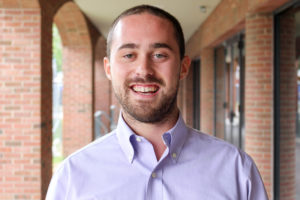 What has been your favorite part/element of the program thus far?
What has been your favorite part/element of the program thus far?
My favorite aspect of the program has been the collaborative and supportive environment from both the faculty and classmates. I also am enjoying the broad and in-depth curriculum that challenges us every day. I think that what we’re learning is going to very relevant and applicable in the current world and into the future.
What are three things someone considering the program should be aware of?
- The program moves quickly. You’ll need to be proactive and manage time well.
- The main difference from traditional MBAs is the emphasis on collaboration and teamwork (which I think is very relevant for the modern landscape).
- There is a ton of information to soak in. I would advise not to get ridiculously caught up in every little detail that is presented throughout all the courses in the program. Part of this year is to learn more about what interests you and to understand how to leverage the tools that The Sustainable Innovation MBA is giving to go and succeed in the real world. Getting stressed out over small details I think can potentially limit ones ability to maximize their time in the program.
How has The Sustainable Innovation MBA helped you?
The program is giving me the tools that I need to succeed in the business world. We are learning all of the foundations of business, but taking into account how it relates to the world today and how business will look in the future. The collaboration with students from a variety of backgrounds have given me many new perspectives, which I think is helping me grow as an individual and understand new ideas and possible solutions to problems. I have also gained much more insight about career opportunities through the connections I have made.

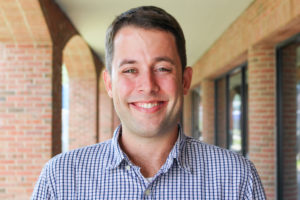 Finding time to both reflect on and celebrate successful team projects, or debrief on things that could have worked better, has often taken a backseat to other pressing needs.
Finding time to both reflect on and celebrate successful team projects, or debrief on things that could have worked better, has often taken a backseat to other pressing needs.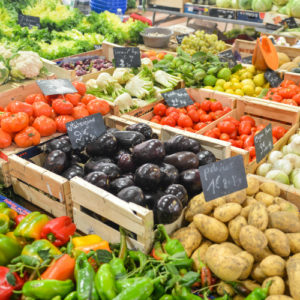 This was the weekly struggle this semester as I attempted to keep up with classwork, teamwork, and a community supported agriculture (CSA) share. My share, paid for at the beginning of the season to provide farmers a more stable income and seed start up costs, got delivered weekly to a campus drop off spot. (For more information about CSAs please see
This was the weekly struggle this semester as I attempted to keep up with classwork, teamwork, and a community supported agriculture (CSA) share. My share, paid for at the beginning of the season to provide farmers a more stable income and seed start up costs, got delivered weekly to a campus drop off spot. (For more information about CSAs please see  With some very experienced hikers in this year’s cohort we’ve had a handful of successful hikes including Mt. Mansfield and Starks Nest. Other classmates have hit the road and enjoyed a charity bike ride for Old Spokes Home and one of our very own classmates, Becky Miller, led a local yoga class that many attended. Being a graduate student at UVM means you get to enjoy a beautiful landscape and a vibrant community. Beyond the university offerings, Burlington has a variety of outdoor offerings for everyone.
With some very experienced hikers in this year’s cohort we’ve had a handful of successful hikes including Mt. Mansfield and Starks Nest. Other classmates have hit the road and enjoyed a charity bike ride for Old Spokes Home and one of our very own classmates, Becky Miller, led a local yoga class that many attended. Being a graduate student at UVM means you get to enjoy a beautiful landscape and a vibrant community. Beyond the university offerings, Burlington has a variety of outdoor offerings for everyone. During the semester, almost half of our class participated in intramural sports offered by campus recreation. Campus Recreation offers a variety of options from multi-week team sports to one-night clinics, all free, or practically free. As a class we competed in broomball, kickball and volleyball. Games are weekly and the games and the season-ending tournament usually last from 4 to 6 weeks. While we didn’t take home any campus-wide championships this semester, we won some games, worked off some steam and got a little exercise, which is always nice after sitting in class for most of the day. There were also awesome events like a “Learn How to Curl” event in which a local curling club taught us the basics of curling. Due to our busy schedules, we won’t be joining the 2018 Winter Olympics, but we might shoot for the 2022 Winter games.
During the semester, almost half of our class participated in intramural sports offered by campus recreation. Campus Recreation offers a variety of options from multi-week team sports to one-night clinics, all free, or practically free. As a class we competed in broomball, kickball and volleyball. Games are weekly and the games and the season-ending tournament usually last from 4 to 6 weeks. While we didn’t take home any campus-wide championships this semester, we won some games, worked off some steam and got a little exercise, which is always nice after sitting in class for most of the day. There were also awesome events like a “Learn How to Curl” event in which a local curling club taught us the basics of curling. Due to our busy schedules, we won’t be joining the 2018 Winter Olympics, but we might shoot for the 2022 Winter games.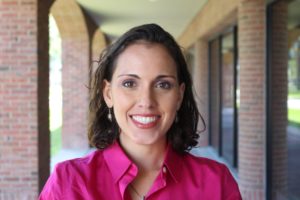

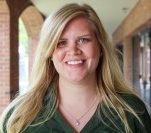
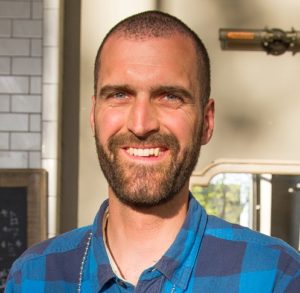
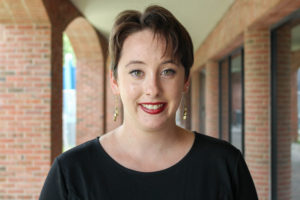 As members of The Sustainable Innovation MBA’s local chapter, Sarah Healey ‘18 and I attended the national Net Impact conference in Atlanta, GA in late-October.
As members of The Sustainable Innovation MBA’s local chapter, Sarah Healey ‘18 and I attended the national Net Impact conference in Atlanta, GA in late-October.